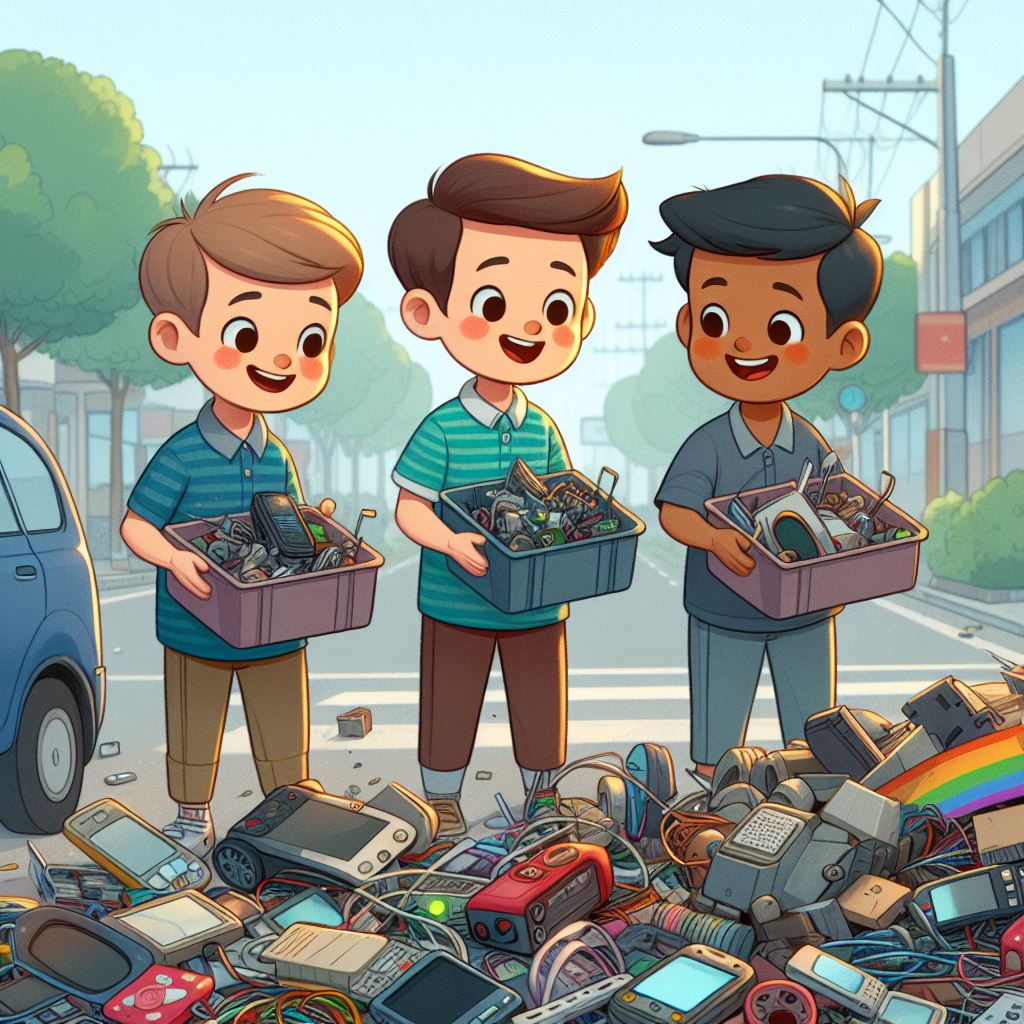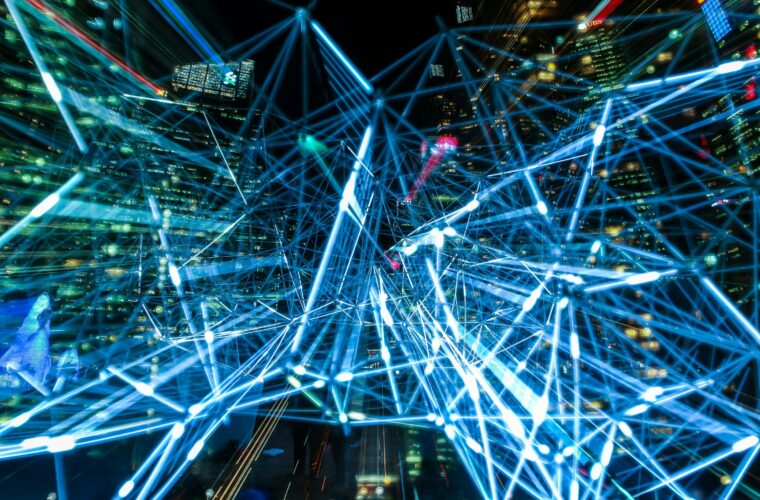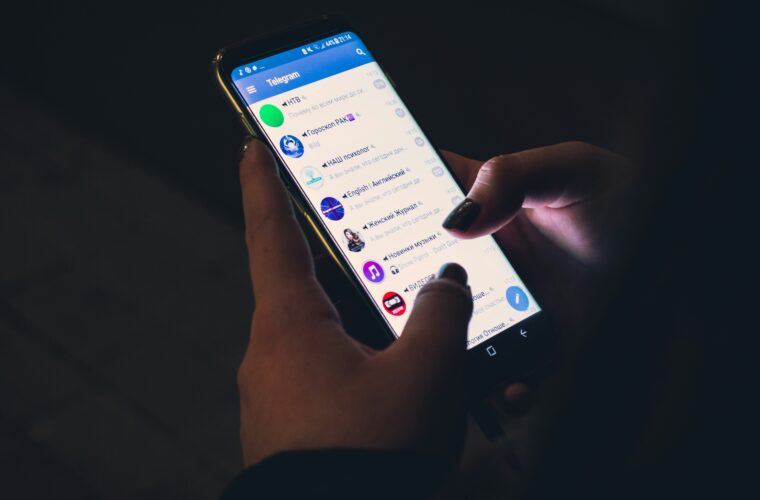Young people do not know what WEEE is; they do not know that they are surrounded by it, nor do they know what to do when their beloved Electrical and Electronic Equipment stops working or becomes obsolete. These data are given back to us by the “WEEE Observatory” carried out by Ipsos for Erion WEEE – the Consortium of the Erion System dedicated to the management of WEEE – which maps knowledge levels since 2022, with a specific focus on tomorrow’s adults. The percentage of those who have heard the acronym WEEE mentioned in Gen Z has almost doubled, from 26% in 2022 to 50% in 2023, but half of 18–26-year-olds are not familiar with the subject.
It is precisely they, moreover, who ask for more information; in fact, 40% believe it is necessary to increase communication and awareness-raising initiatives on the importance of proper electrical and electronic waste management. Erion WEEE has decided to make a commitment once again with a new special project dedicated precisely to the very young, the most sensitive target, and the one most ‘bombarded’ by transversal and multi-channel inputs. And so RAEEGen is born, the program that for the whole of 2024 will wink at the world of social networks and digital platforms (especially Instagram and YouTube) thanks to the participation of 10 content creators who, using simple and direct language, will engage young people on the topics of WEEE and good practices to enable the recycling of this waste.
Small but important
According to the WEEE (Waste Electrical and Electronic Equipment) Forum, around 5.3 billion mobile devices or smartphones will cease to be used in 2022 ahead of the International Electronic Waste Day last October. Small items such as mobile phones, electric toothbrushes, toasters, and cameras produced worldwide are estimated to weigh 74 million tonnes in 2023. “These small items make up a significant 8% of all e-waste thrown in bins and then taken to landfill or incinerated”. E-waste can be reused in the production of new devices or equipment such as wind turbines, electric car batteries or solar panels, all of which are crucial for the green and digital transition to low-carbon societies,” said Magdalena Charytanowicz of the Weee Forum.

A theme for sustainability
“We keep saying that young people represent the future, but little is done to provide them with the necessary knowledge to adopt more sustainable behaviour. Erion WEEE has instead decided, for the second year running, to propose a program dedicated precisely to Gen Z, involving some of the protagonists of the social channels to continue the dialogue with those who will be the adults of tomorrow,’ says Giorgio Arienti, General Manager of Erion WEEE. ‘Not only are we convinced that the best way to raise the awareness of the younger generations is to offer them content with which they can identify, through familiar faces that serve as positive examples, but we also believe that a commitment that we should all make is to respond to their request for more information proactively.
Erion WEEE is an Erion System Consortium dedicated to the management of Waste Electrical and Electronic Household Equipment. It is part of Erion, the largest non-profit Extended Producer Responsibility multi-consortium system operating in Italy for the management of waste associated with electronic products, tobacco product waste, and textile waste. Erion WEEE represents over 1,600 companies and guarantees their commitment to the environment, the circular economy, research, and technological innovation.


